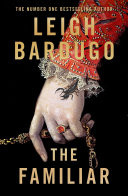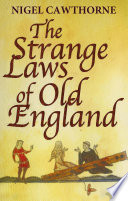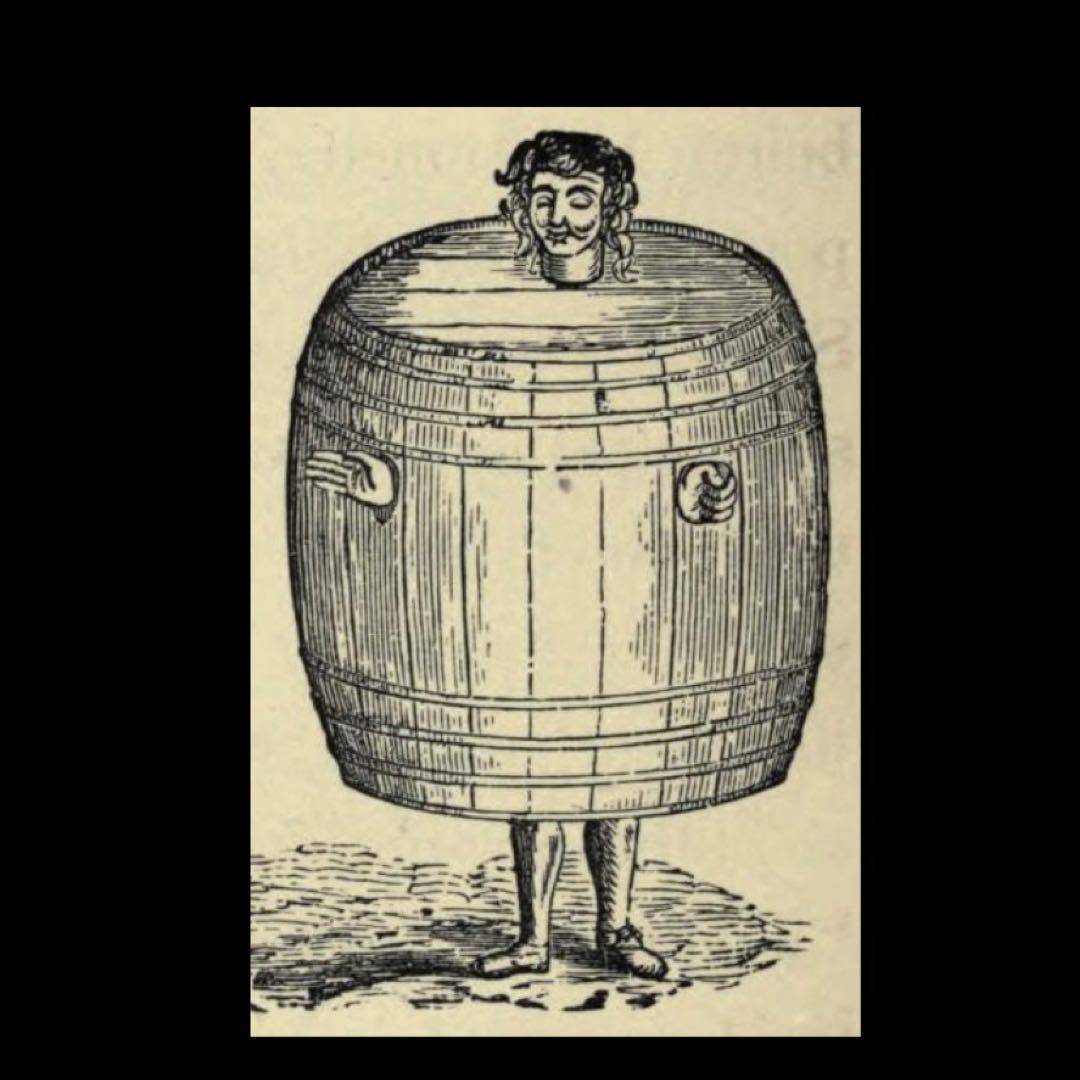
This was a very interesting read. Laws from the medieval period, abolished laws, and some still in effect today in England are discussed in this book. Many of them ridiculous, some terrible (horrific). You can look back on them and have a big sigh of relief that they aren‘t in effect anymore 🤣
























